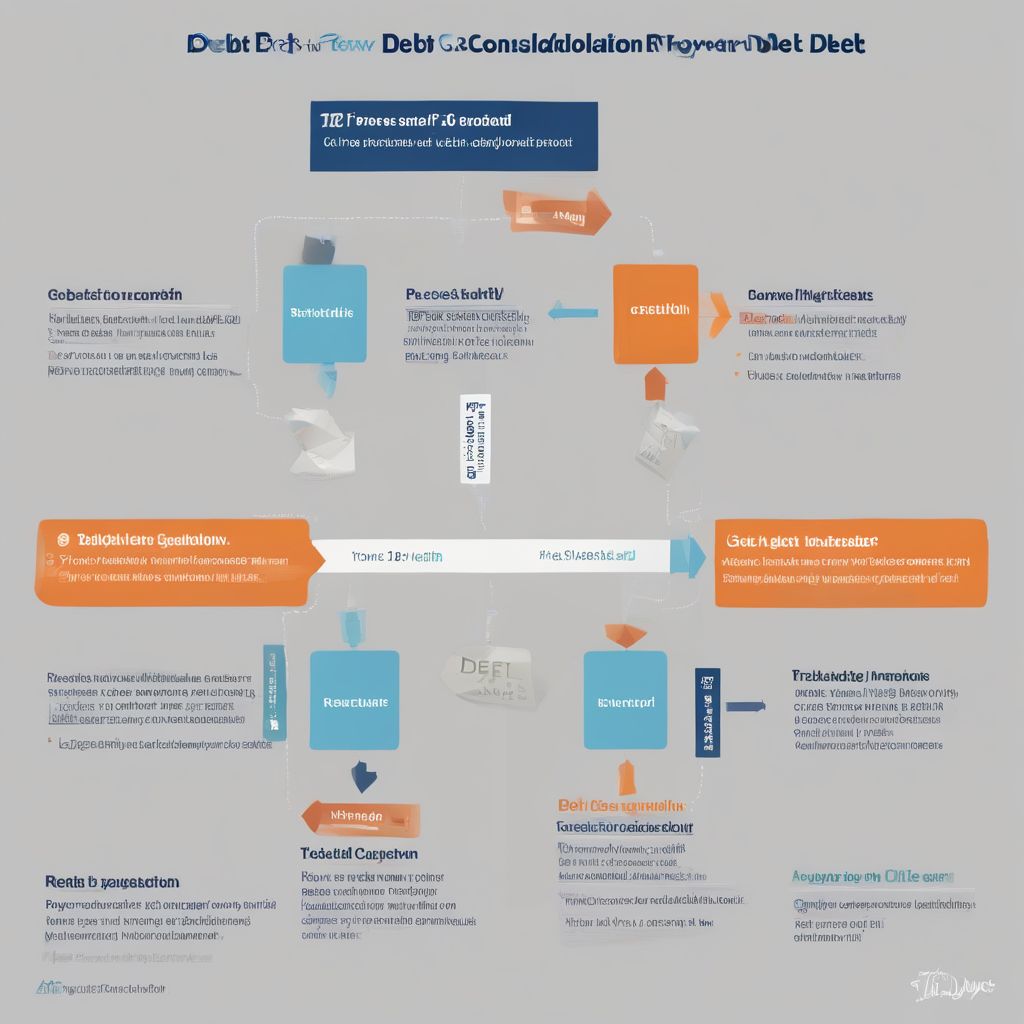Imagine this: you’re drowning in credit card debt, struggling to make even the minimum payments. The calls from collectors are relentless, and the weight of it all feels crushing. Then, you receive a letter in the mail stating your debt has been “written off.” Is this a dream come true? Not quite.
This article delves into the meaning of “suckhoetuoitre.com/credit-card-debt-written-off/">Credit Card Debt Written Off,” its implications, and answers frequently asked questions surrounding this complex topic.
What Does “Credit Card Debt Written Off” Mean?
In simple terms, “credit card debt written off” means the credit card company has given up on collecting the debt you owe. They’ve acknowledged the low probability of recouping their losses and have removed it from their active accounts.
Why Would a Creditor Write Off Debt?
Creditors don’t write off debt out of kindness. There are specific reasons, often regulated by the IRS, that lead to this decision:
- Time: After a certain period of delinquency (typically 180 days), the debt is considered “charged-off.” While the debt still exists, the creditor may choose to write it off for tax purposes.
- Unprofitability: If the cost of pursuing the debt (legal fees, collection agencies) outweighs the potential return, writing it off becomes a strategic business decision.
- Statute of limitations: Each state has a statute of limitations on debt collection. Once this period expires, the creditor may lose their legal right to sue for the debt, leading to a write-off.
The Impact of a Charged-Off Account
While a “written off” debt may sound appealing, it carries severe and long-lasting consequences:
Credit Score Damage: A charged-off account severely damages your credit score. This can impact your ability to:
- Secure loans (mortgages, auto loans)
- Rent an apartment
- Obtain favorable interest rates
- Qualify for credit cards
Future Financial Obstacles: While the original creditor might have written off the debt, they can sell it to a collection agency. These agencies are notorious for their aggressive tactics in pursuing payment.
Tax Implications: Although the creditor might have claimed the debt as a loss on their taxes, you might be liable for paying taxes on the forgiven amount. Consult a tax professional for clarity on this issue.
Frequently Asked Questions
Can I Still Be Sued After My Debt is Written Off?
Possibly. While the original creditor might be less likely to sue after a write-off, it depends on factors like the debt amount and your state’s statute of limitations. Additionally, debt buyers can choose to sue for the outstanding balance.
How Long Does a Charge-Off Stay on My Credit Report?
A charge-off can remain on your credit report for up to seven years from the date of the first missed payment, negatively impacting your creditworthiness during that period.
How Can I Remove a Charge-Off from My Credit Report?
While challenging errors on your report is possible, removing a legitimate charge-off is difficult. Options include negotiating a “pay-for-delete” agreement with the creditor or debt buyer, or seeking professional credit repair services.
Taking Control of Your Financial Future
Facing a credit card write-off can be daunting. However, understanding its implications empowers you to take control of your financial well-being. Remember to:
- Review your credit report regularly for accuracy.
- Explore debt consolidation or settlement options to manage outstanding debts.
- Seek credit counseling from reputable agencies to develop a plan for a brighter financial future.
This article provides general information about credit card debt write-offs and does not constitute financial or legal advice. Always consult with qualified professionals for personalized guidance. If you’re struggling with debt, remember you’re not alone. Reach out for help and take steps toward financial recovery.
